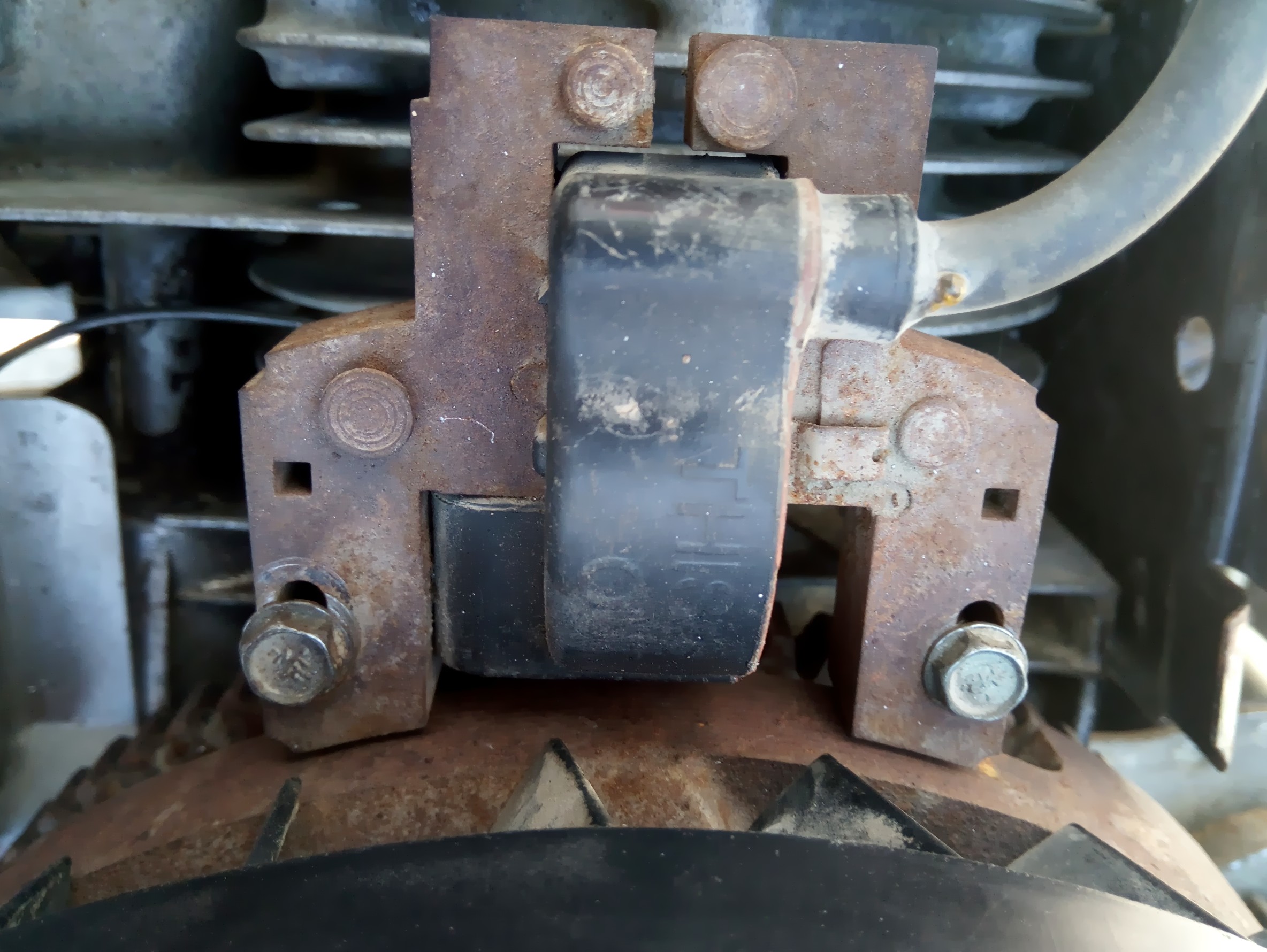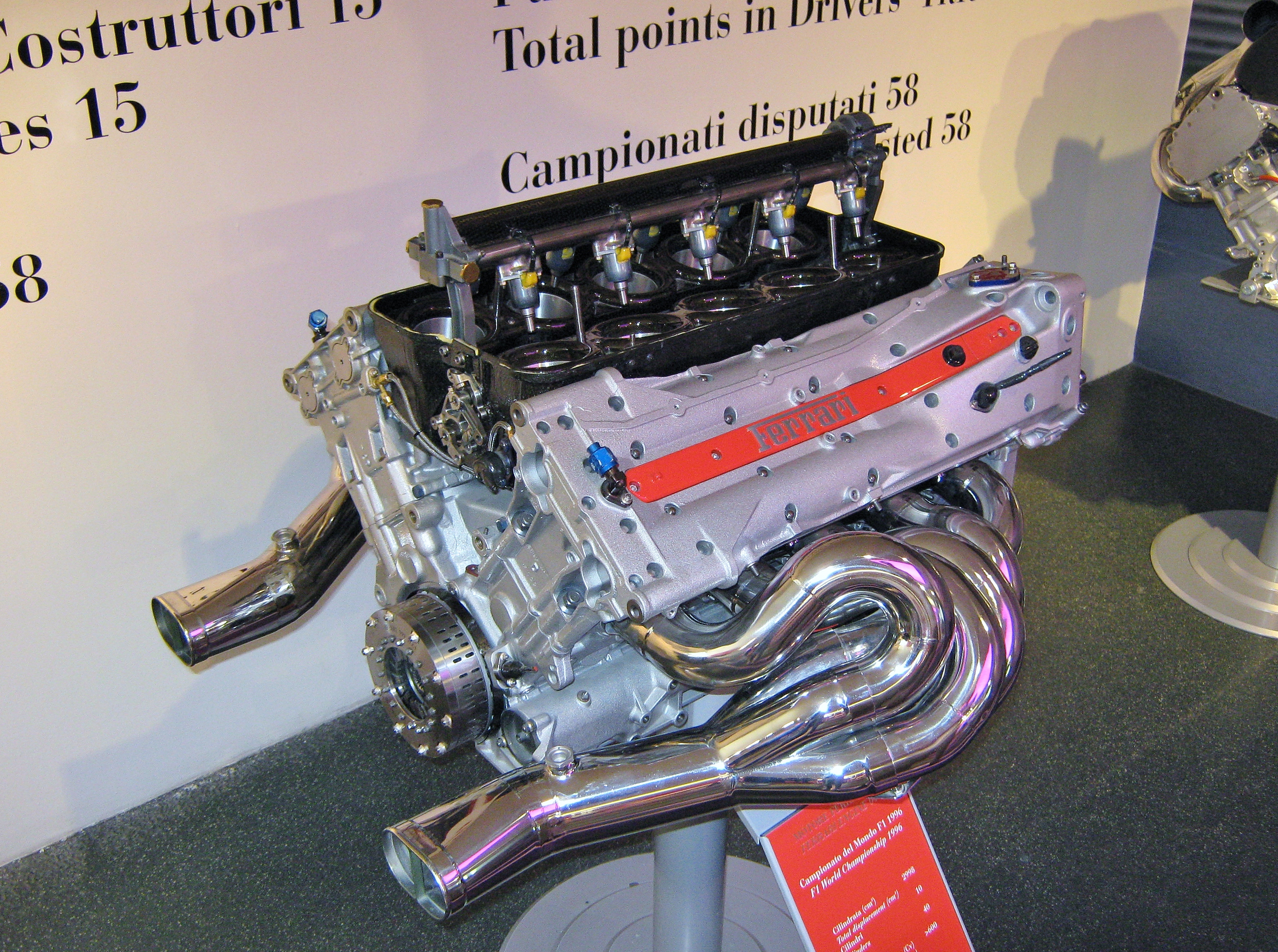
Understanding your engine is the first step towards enhancing its performance, as air and fuel are vital for its operation; this allows the engine to mix, burn the air-fuel mixture, and convert it into power. By improving airflow and optimizing fuel delivery, you can significantly boost both torque and horsepower, so let’s explore ten practical and affordable methods to give your engine the power it deserves.
1. **Synthetic Lubricants**: Switching to synthetic lubricants can have a profound impact on your engine’s longevity and performance. Unlike conventional oils that can break down under high temperatures, synthetic oils like Mobil 1™ offer superior lubrication, reducing friction and wear on engine parts. This leads to a more efficient engine with better cold weather performance and lower chances of overheating. Additionally, synthetic lubricants can enhance engine cleanliness, which contributes to overall better performance.

2. **Optimize Ignition System**: Often overlooked, the ignition system is essential for peak engine performance; if your spark plugs and ignition coils are worn, you might face misfires that waste fuel and drain power. Regularly inspecting and upgrading these components to high-performance alternatives ensures a robust and reliable spark, and fine-tuning the ignition timing can also lead to noticeable horsepower improvements—just remember to be cautious with timing adjustments to prevent engine damage.
3. **Upgrade Throttle Body and Injectors**: One of the most impactful upgrades you can make is to install a larger throttle body alongside high-flow fuel injectors. A larger throttle body allows for increased airflow, which translates to more power, potentially adding 10-20 horsepower depending on your engine setup. Remember that installing a bigger throttle body often requires matching it with appropriate fuel injectors to maintain fuel delivery efficiency.

4. **Increase Compression**: High compression ratios correlate directly with increased power. Upgrading your engine’s compression can yield significant horsepower gains, but it requires careful consideration. Work with a knowledgeable engine builder to ensure that your cam and compression settings are compatible, preventing detonation or engine damage from excessive pressure. Knowing when to opt for high-octane fuel is also crucial, as it can help avoid engine issues at higher compression levels.
5. **Reduce Internal Friction**: Surprisingly, your engine produces more power than it can deliver due to internal friction and heat loss; installing low-friction components like roller rockers or high-quality bearings can help unleash this lost power. Additionally, don’t forget to check less obvious factors such as tire pressure, since underinflated tires can hinder acceleration and overall performance, so always keep your tires optimally inflated for a better feel on the road.
6. **Install a Velocity Stack**: A velocity stack is a simple yet effective device that enhances airflow into the engine. By reducing induction turbulence, a velocity stack allows your engine to breathe better, thereby increasing horsepower. This upgrade is especially effective for performance vehicles where air intake is critical for overall engine efficiency.
7. **Correct Fuel Line Sizing**: While it may seem trivial, the size of your fuel line is crucial for engine performance; a fuel line that is too small for your engine’s horsepower will restrict fuel flow. For high-performance applications, a minimum fuel line size of 3/8-inch is recommended, and larger sizes should be used as horsepower demands increase, ensuring your fuel delivery system meets the necessary volume to enhance your engine’s performance.

8. **Dual-Plane Manifold**: When pursuing horsepower, it’s vital not to neglect torque—especially for street-driven vehicles; a dual-plane intake manifold strikes a perfect balance, offering enhanced low- to mid-range torque while allowing the engine to perform at high RPMs. This equilibrium is essential for achieving smooth acceleration and ensuring an enjoyable driving experience.

9. **Experiment with Jet Sizes**: Fine-tuning your carburetor jets can lead to impressive performance gains. By adjusting jet sizes in a systematic manner, you can find the perfect balance for your engine’s air-fuel mixture. Start with primary jets and work your way to secondaries, always ensuring that your engine runs slightly richer than lean to optimize power output.

10. **Regular Maintenance**: Finally, and perhaps most importantly, maintaining your vehicle is key to unlocking its performance potential. Neglecting oil changes, ignoring filter replacements, or using low-quality fuel can significantly hinder engine performance. Regular upkeep not only helps your engine run smoother but also prolongs its lifespan, making it essential for any car enthusiast.

These ten methods show that improving your car’s performance doesn’t have to be expensive; with some diligence and smart choices, you can enjoy increased power from your engine without breaking the bank. Ranging from simple maintenance tips to effective upgrades, there’s plenty you can do to invigorate your daily drive—after all, more power equates to more fun behind the wheel, and who wouldn’t want that?
11. **Implement a Cold Air Intake (CAI)**: One of the most impactful modifications you can make is to install a cold air intake system. This upgrade improves engine performance by allowing cooler, denser air to enter the engine, which enhances the combustion process. Cold air intakes replace the factory air intake system and often include a high-flow air filter, straightening the path the air takes to the engine. As a result, you may notice an increase in horsepower, usually ranging from 5 to 20 hp, while also improving throttle response. Additionally, this modification can enhance the sound of your engine, giving it a more aggressive tone that many enthusiasts appreciate.

12. **Replace Your Exhaust Manifold with Real Headers**: Upgrading from a stock exhaust manifold to high-performance headers is an excellent way to decrease exhaust backpressure and improve your engine’s ability to breathe. Headers efficiently collect exhaust gases from each cylinder and expel them from the engine, leading to significant horsepower gains, particularly at higher RPMs; moreover, the added exhaust note provides an exhilarating aspect to your driving experience.

13. **Use Forced Induction (aka Power Adder)**: For those looking for a serious power increase, consider adding a forced induction system, such as a supercharger or turbocharger. These systems compress the incoming air, allowing your engine to burn more fuel, resulting in a substantial boost in power—often between 50 to 200 hp, depending on the size and type of the unit. Superchargers provide instantaneous power, while turbochargers harness exhaust gases, making them highly efficient. Both options significantly enhance acceleration and overall performance, making your drive exhilarating.

14. **Upgrade Your ECM (Electronic Control Module) Software**: The engine’s computer controls various functions that affect performance. By upgrading or reprogramming your ECM, you can unlock additional horsepower and torque that are often left on the table by factory settings. Many aftermarket performance chips or tuners can easily be installed and allow you to recalibrate fuel maps and ignition timing, optimizing your engine for any modifications you’ve made. Just be aware that some modifications might void your warranty, so it’s wise to check before proceeding.

15. **Lighten the Load**: Every gram matters when it comes to performance; shedding weight is a straightforward way to enhance your car’s power-to-weight ratio, essential for acceleration and handling. Start by removing unnecessary items from your vehicle and consider replacing heavier factory parts with lighter aftermarket options; truly dedicated enthusiasts might even go as far as removing rear seats or opting for lightweight window materials, resulting in a more agile car that accelerates quicker and handles better.

16. **Install a Performance Exhaust System**: Upgrading your exhaust system is another effective way to boost engine performance. A performance exhaust system reduces backpressure and enhances exhaust flow, allowing your engine to expel gases more efficiently. This modification not only can lead to horsepower gains but also improves the overall sound of your vehicle, giving it a sporty growl that’s sure to turn heads. Look for systems that feature mandrel-bent tubing for maximum flow and high-quality materials that will stand the test of time.

17. **Use High-Performance Tires and Wheels**: The connection between your vehicle and the road is crucial for high performance; upgrading to high-performance tires improves grip, allowing you to harness more of your engine’s power during acceleration and cornering. Pairing these tires with lightweight alloy wheels reduces rotating mass, enhancing responsiveness and handling, which may not directly increase horsepower but can greatly elevate your vehicle’s overall performance and enjoyment.

18. **Consider a Short Throw Shifter**: If you drive a manual transmission vehicle, a short throw shifter can enhance your shifting speed and make driving more engaging. This modification shortens the distance the shifter travels between gears, allowing for quicker shifts and more precise gear engagement, ultimately boosting acceleration and responsiveness; it’s a relatively low-cost upgrade that can significantly enrich your driving experience.
Related posts:
How to Increase Engine Performance
How to Increase your Car’s Horsepower – Horsepower Modifications
5 Cheap Ways to Increase Horsepower







